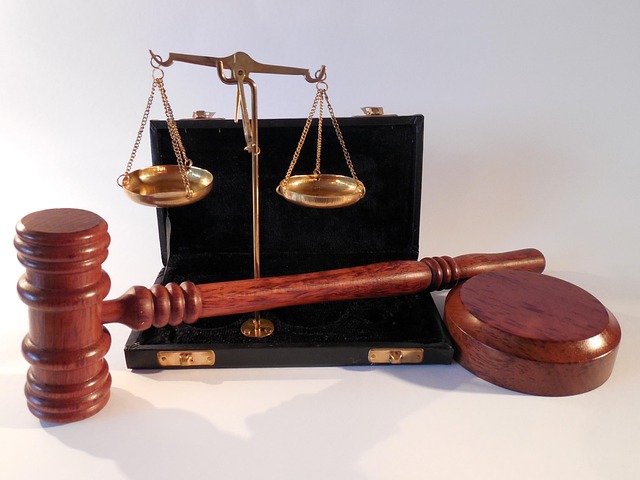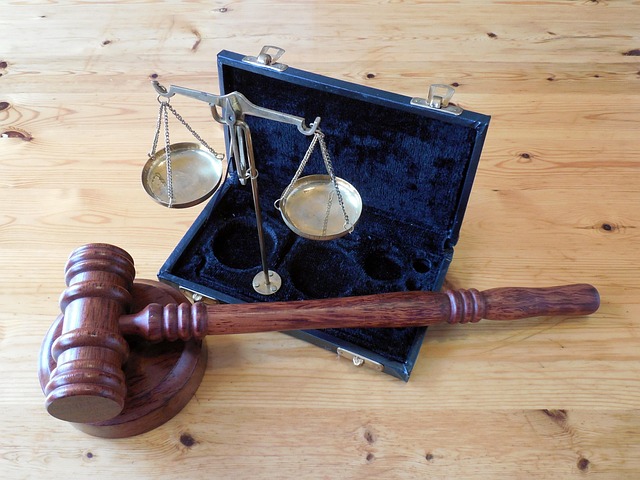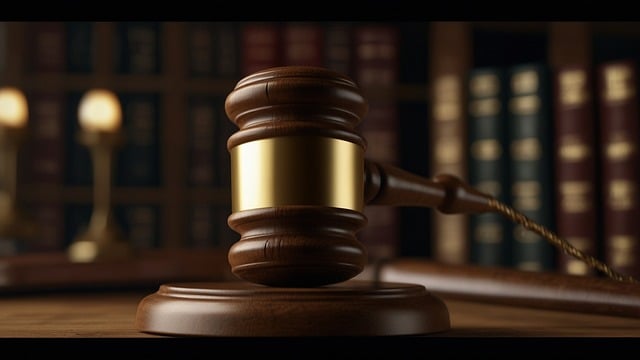Public corruption cases involving embezzlement and bribery carry severe penalties, impacting community trust. These complex legal battles require strategic preparation due to high-stakes and public scrutiny. The Cost of Litigating Breach of Contract in such cases extends beyond financial losses, affecting the integrity of public service. Effective cost management and strategic reforms, like streamlined processes and collaboration, can significantly reduce these costs while promoting restorative justice and strengthening public institutions.
Public corruption charges cast a long shadow, eroding public trust and imposing significant financial burdens. This comprehensive overview explores understanding public corruption charges and their far-reaching impact. We delve into the economic costs associated with litigating breach of contract cases stemming from corrupt acts, revealing the financial strain on individuals and society at large. Furthermore, we present strategies and reforms aimed at mitigating these impacts, emphasizing the importance of transparent practices and robust legal frameworks in building a more equitable and just system.
- Understanding Public Corruption Charges: A Comprehensive Overview
- The Financial Burden: Cost of Litigating Breach of Contract Cases
- Strategies and Reforms to Mitigate the Financial Impact on Victims and Society
Understanding Public Corruption Charges: A Comprehensive Overview

Public corruption charges are a serious matter that involves the misuse of power and resources by public officials for personal gain. These high-stakes cases often carry significant consequences, including lengthy prison sentences and hefty fines. When a public servant is accused of embezzlement, bribery, or other forms of malfeasance, the process can be complex and costly. The cost of litigating breach of contract in such cases is not just financial; it also encompasses the impact on the community’s trust in its leaders.
Understanding these charges requires a comprehensive overview that delves into the legal definitions, procedural steps, and potential outcomes. Jury trials in public corruption cases often attract substantial media attention, as they can lead to achieving extraordinary results—either for justice and accountability or for those accused, if found not guilty. The intricate nature of these cases demands meticulous preparation, expert legal counsel, and a deep understanding of both the letter and spirit of the law.
The Financial Burden: Cost of Litigating Breach of Contract Cases

The financial burden associated with breach of contract cases, especially those involving public corruption charges, can be immense. As these legal battles often traverse complex and lengthy processes, the costs accumulate rapidly. Legal fees, expert witness expenses, document production, and court appearances all contribute to a significant financial strain on both plaintiffs and defendants alike. In many instances, the respective business interests at stake can make these cases particularly high-stakes, driving up the cost of litigating breach of contract matters.
For those accused of public corruption, mounting a winning challenging defense verdict becomes a priority, but it’s not without its financial implications. White collar defense strategies often require substantial resources to gather evidence, conduct thorough investigations, and assemble legal teams equipped to navigate intricate regulatory landscapes. Managing these costs effectively while ensuring the best possible outcome is crucial for businesses and individuals alike in these complex legal arenas.
Strategies and Reforms to Mitigate the Financial Impact on Victims and Society

To mitigate the financial impact of public corruption on victims and society, several strategic reforms and measures can be implemented. One key area is streamlining legal processes to reduce the cost of litigating breach of contract cases arising from corrupt practices. Efficient case management, alternative dispute resolution methods, and clear guidelines for evidence handling can significantly lower expenses for both plaintiffs and defendants, ensuring fairness without burdening individuals or businesses unfairly.
Additionally, fostering collaboration between white collar defense attorneys, philanthropic organizations, and political communities can play a crucial role in avoiding indictment and promoting restorative justice. Encouraging ethical conduct through education and awareness programs can prevent future corruption, thereby reducing the long-term economic and social costs associated with such incidents. This holistic approach not only punishes corrupt actors but also strengthens the integrity of public institutions and restores trust among citizens.
Public corruption charges not only undermine democratic institutions but also impose significant financial burdens, particularly in breach of contract cases. The article has explored these issues in depth, highlighting the high costs associated with litigating such breaches. Moreover, it has proposed strategies and reforms to mitigate these financial impacts on victims and society at large. By addressing these challenges, we can foster a more transparent and equitable legal landscape, ensuring that justice is served without placing an undue economic strain on individuals and communities.






